Research topics
Institute of Environmental Geology and Geoengineering
The strategic research topics cover the Earth’s history and its recent and present evolution as a key to foresee and manage the sustainable development of the human environment, geo-environmental risks, natural resources, global and local environmental changes, and human-environment interactions.
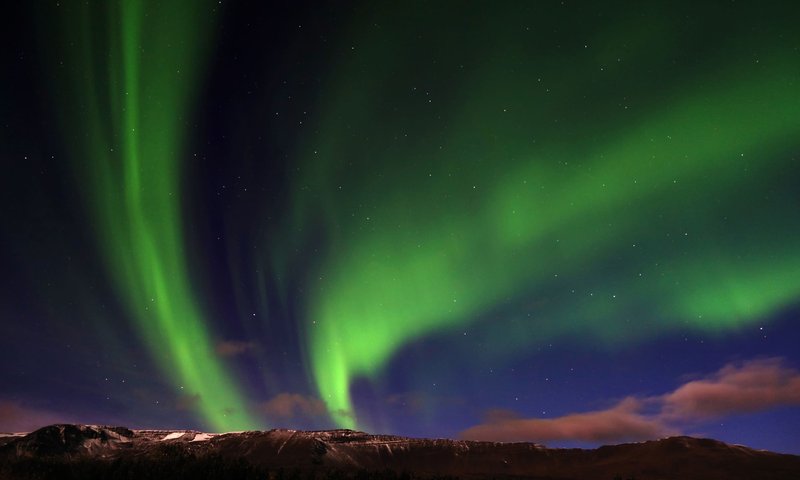
Dynamics and evolution of the Earth system
Representatives: Andrea Billi, Biagio Giaccio
The main aim of this research line is to advance the knowledge of the Earth system, studying, reconstructing, and understanding the dynamics of endogenous and exogenous processes, as well as their interactions at all time and spatial scales. In this line, basic and applied research activities on the Earth system are carried out, using the following methods: geological, geochemical, geophysical, and biological observations, measurements, and analyses, supported by mathematical and physical models.
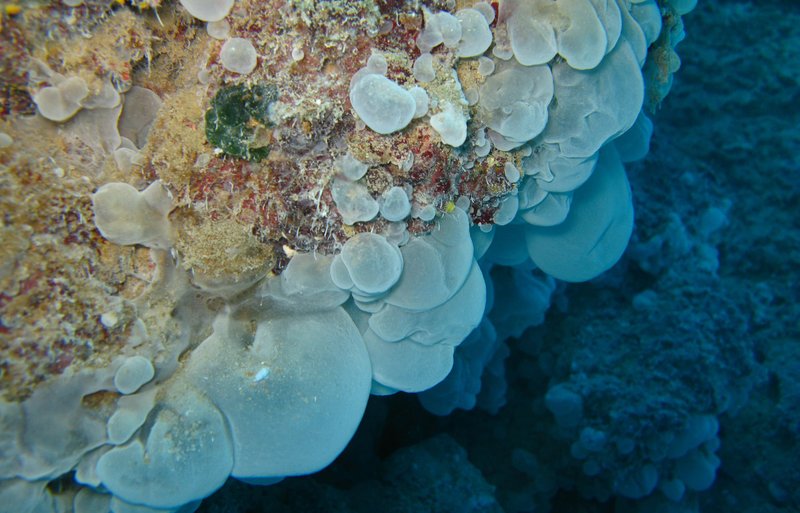
Geo-Environmental Risk
Representatives: Massimiliano Moscatelli, Simone Sterlacchini
The Geo-Environmental Risk Research Topic is addressed to hazard analysis and risk assessment, for planning and management of the territory and emergencies. Within this topic, stratigraphic-sedimentological, geological-structural, geomorphological, hydrogeological, volcanological, geochemical, geophysical and geotechnical studies are carried out, at regional and site specific scale, for the realization of subsurface models and hazard assessment. The representative methodologies of structural engineering and planning, aided by information technology, contribute to studies aimed at assessing and mitigating geo-environmental risks.
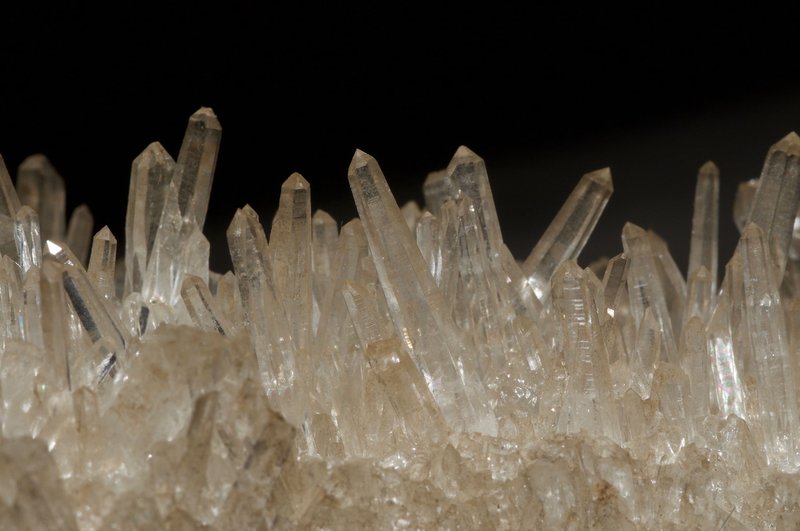
Geomaterials, subsurface resources and geological heritage
Representatives: Gianluca Norini, Cristina Di Salvo
This research topic has the objective to improve the knowledge on natural resources, including: (1) raw materials, like metal ores, primary and secondary industrial minerals, synthetic minerals, natural stones and synthetic materials characterized by chemical-physical behaviors similar to the natural ones; (2) energy resources, such as hydrocarbons and geothermal reservoirs; (3) groundwater; (4) the geological heritage.
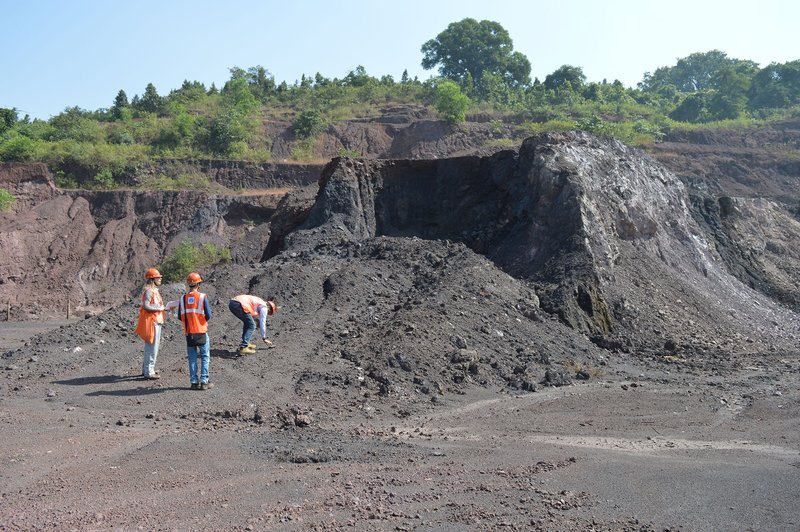
Environmental monitoring, protection and recovery in a circular economy context
Representatives: Daniela Guglietta, Stefano Milia
The main objective of this Thematic Line consists of the advancement and technological transfer of knowledge in the field of environmental monitoring, protection and remediation, coherently with the principles of circular economy. Among their specific objectives, research activities include development of innovative systems for the sustainable exploitation of resources, minimization and valorization of waste and by-products, reduction of polluting emissions, treatment and disposal of hazardous waste and remediation of contaminated sites. Such objectives are pursued through the use of advanced geochemical and geophysical methods and Earth Observation technologies, and through the development of integrated physical-bio-hydro-electrometallurgical, biological and bio-electrochemical processes.
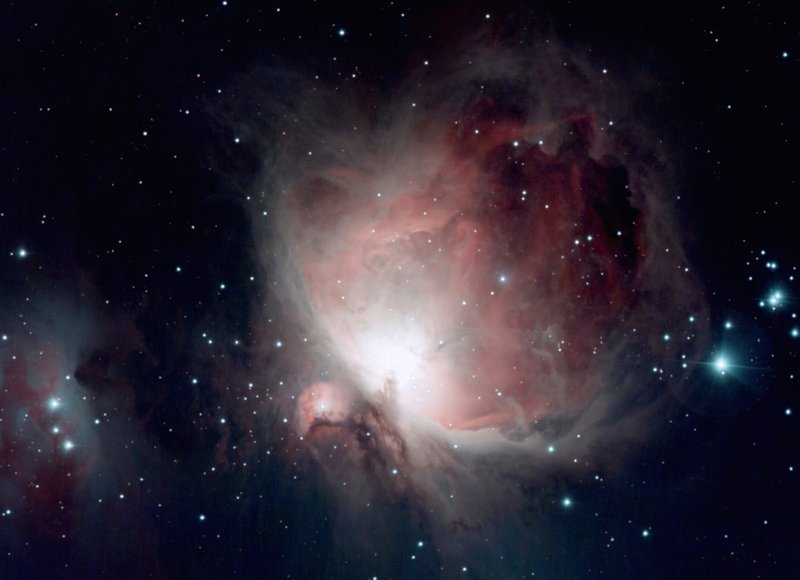
Geologia Planetaria
Representatives: Remco Hin, Gianluca Norini
La presente linea di ricerca ha come obiettivo principale quello di migliorare le conoscenze sulla geologia dei pianeti rocciosi e dei satelliti maggiori del Sistema Solare. Studi di questo tipo sono di grande importanza e attualità nell’ambito della comunità scientifica del CNR e più in generale della comunità scientifica europea e mondiale, per far avanzare la nostra comprensione del Sistema Solare, della formazione e storia della Terra, della distribuzione e caratteristiche delle risorse naturali, del potenziale per la vita e dell’abitabilità di pianeti e satelliti. Lo studio della geologia dei pianeti rocciosi può inoltre fornire informazioni sui climi passati e sulle condizioni ambientali di altri corpi del Sistema Solare, utili per comprendere meglio la storia dei cambiamenti climatici sulla Terra e i fattori che influenzano i climi planetari. Studiare i processi che hanno governato la formazione ed evoluzione dei pianeti può anche migliorare la comprensione di principi geologici fondamentali. Infine, la geologia planetaria è indispensabile per pianificare ed eseguire missioni spaziali destinate all’esplorazione di altri corpi celesti.
